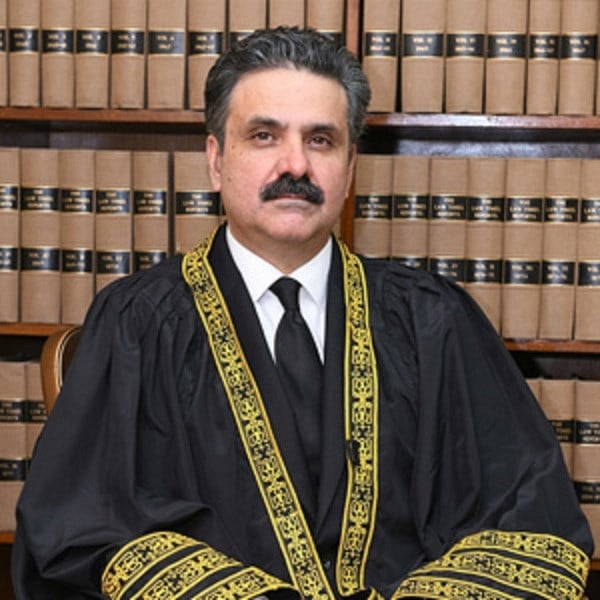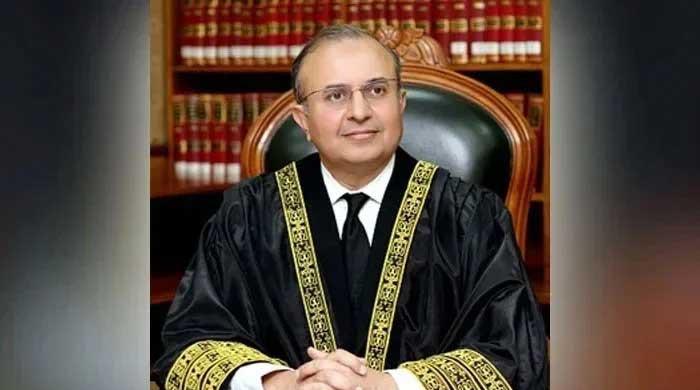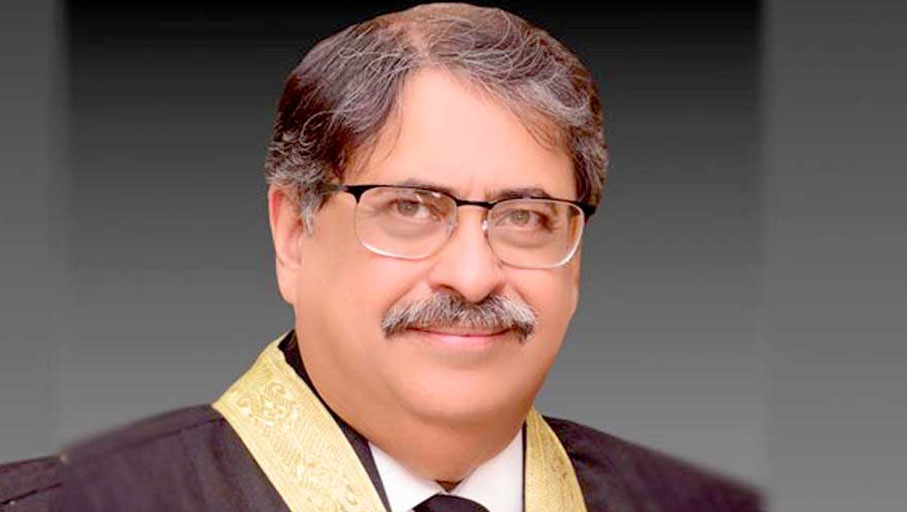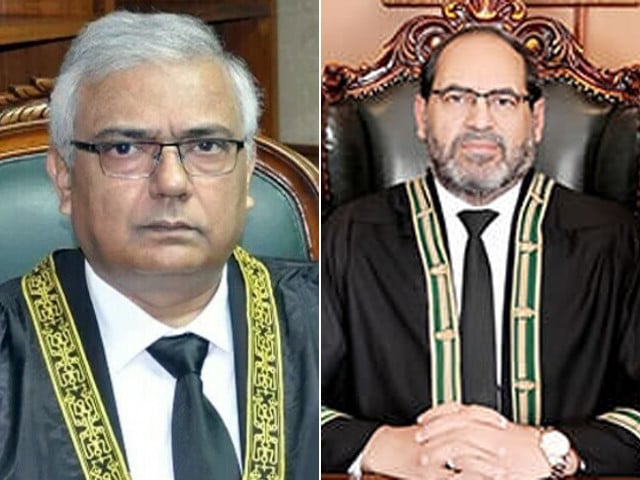Pakistan's Judicial Bodies Continue to Address Backlogs and Controversies

The Pakistani judiciary is undergoing significant developments as the Judicial Commission of Pakistan (JCP) meets to nominate judges for constitutional benches in the Sindh High Court, following the implementation of the 26th Constitutional Amendment. Meanwhile, the Supreme Judicial Council (SJC) has concluded that there is no substantial evidence to support complaints against six Islamabad High Court judges, and has also established regular meetings to address pending complaints against superior court judges.
The SJC's meeting, presided over by Chief Justice Yahya Afridi, reviewed a letter criticizing the six Islamabad High Court judges, accusing them of allowing interference by intelligence agencies in judicial affairs. However, after careful consideration, the council concluded that there was no substantial evidence to support the claims, ultimately dismissing the complaints. The council also reviewed 10 other complaints under Article 209 of the Constitution, with no substantial evidence found in any of these cases.
In addition to addressing the complaints, the SJC has decided to hold monthly meetings to clear the backlog of cases on a fast track. The council has also authorized the appointment of a secretary for a three-month term to assist in council meetings, rule-making, and setting up the council's infrastructure and human resources. This is part of the council's effort to streamline its processes and improve efficiency.
The Judicial Commission of Pakistan (JCP) has also been actively engaged in addressing the backlog in the Sindh High Court. The JCP has formed a constitutional bench composed of existing judges of the Sindh High Court, with the aim of disposing of the backlog. This move is seen as a significant step towards reducing the burden on the court and ensuring that justice is delivered in a timely manner.
As the Pakistani judiciary continues to face challenges, it is heartening to see that its institutions are taking steps to address these issues. The establishment of constitutional benches and the decision to hold regular meetings to clear the backlog of cases are significant developments. However, the challenge lies in implementing these decisions effectively and ensuring that justice is delivered to all citizens. The commitment to transparency and accountability will be crucial in building trust and confidence in the judiciary.








